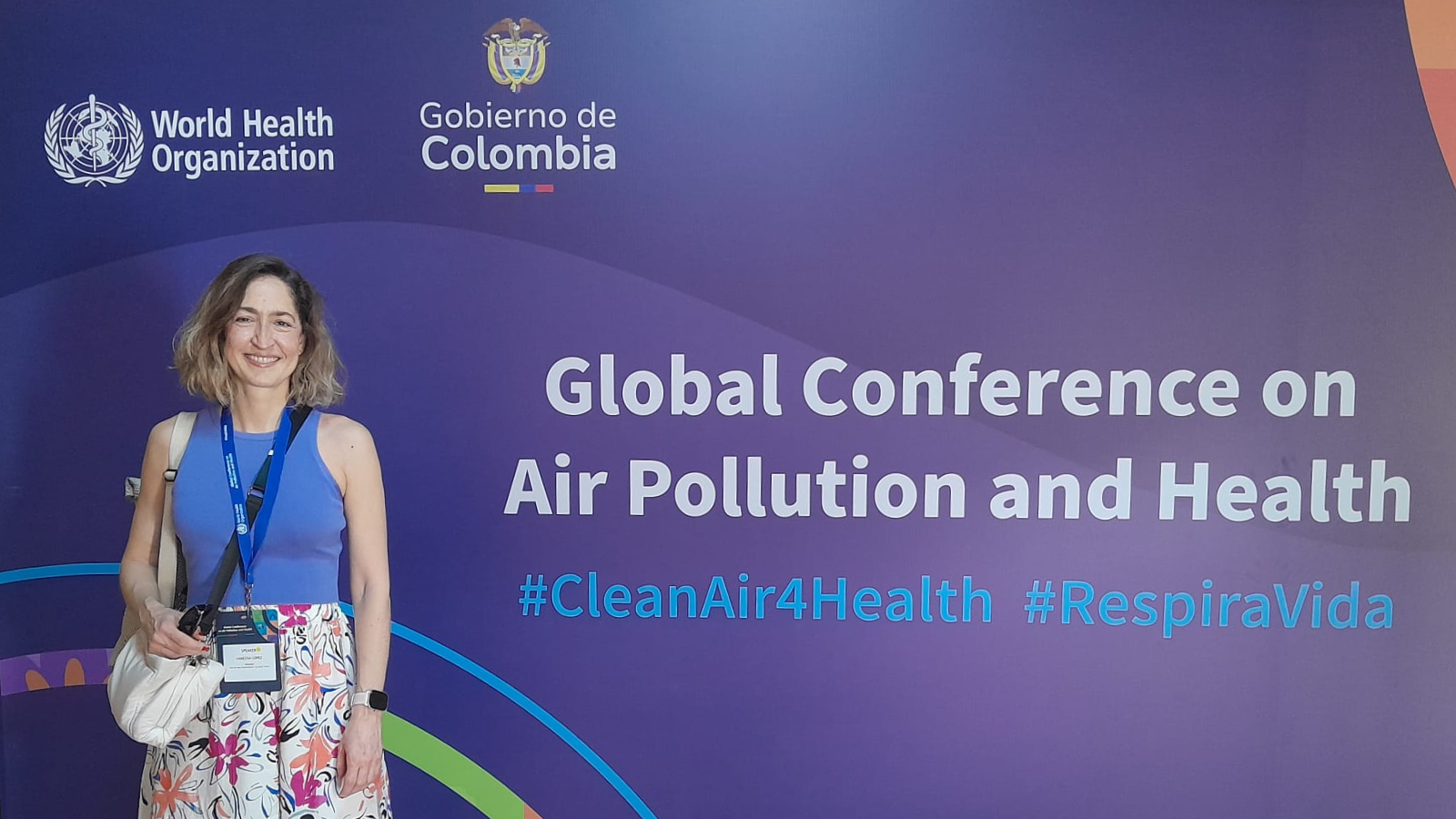As the revision of EU chemicals legislation REACH is underway, the Health and Environment Alliance urges the European Commission to uphold its commitments on safer chemicals and ensure that ambitious health protections remain at the heart of the project.
On 22 March 2018, the European Parliament’s Petitions committee and the Environment, public health and food safety committee held a joint public hearing on the impact of endocrine disrupting chemicals (EDCs) on public health and the environment, due to the high number of petitions received on the topic. As a long-standing advocate for strong regulation of these hormone-disrupting substances, HEAL was invited to speak at the hearing, which was broadcasted live across Europe.
Today we join @EP_Petitions & @EP_Environment to discuss the impact of #endocrinedisruptors on public health. Follow the debate live: https://t.co/4N7oxumsJH #EDCFree pic.twitter.com/RIO7nO9K8X
— Health&Environment (@HealthandEnv) March 22, 2018
The hearing consisted of two panels, focusing on the specificities of the EU regulatory process for EDCs, and whether it could be conceived differently in the future. Members of European Parliament listened to experts from EU and national regulatory agencies, academia, and civil society.
Speaking on behalf of HEAL was Natacha Cingotti, Senior Chemicals and Health Policy Officer, to discuss how the European Union is regulating endocrine disrupting chemicals and whether it is doing so in way that is able to adequately protect health and the environment. Underlining the major untapped public health and economic benefits to act on hormone disruptors, Ms. Cingotti urged the European Commission to keep their promise to draw up a new, long overdue, European Strategy on EDCs, which is key to truly minimise people’s exposure to these toxic chemicals.


